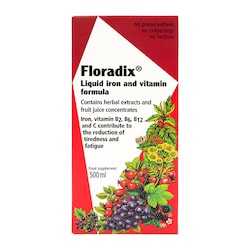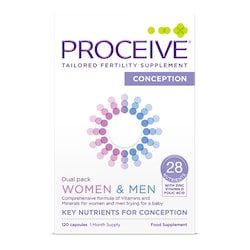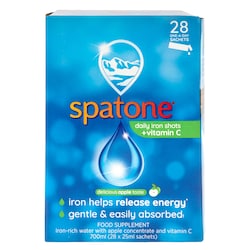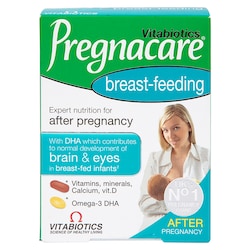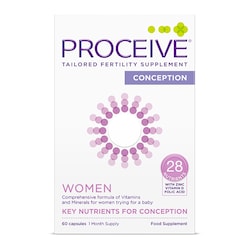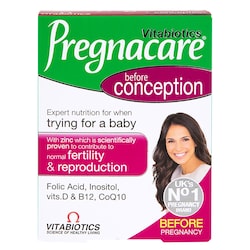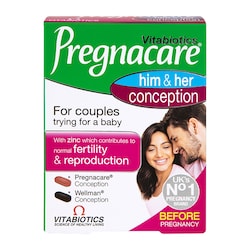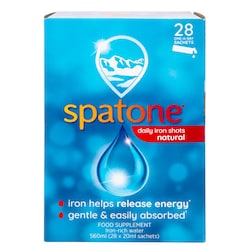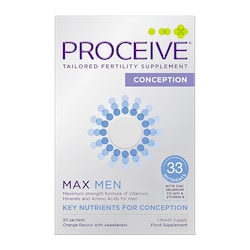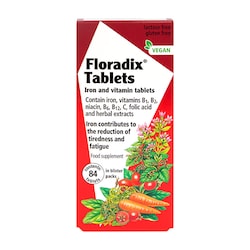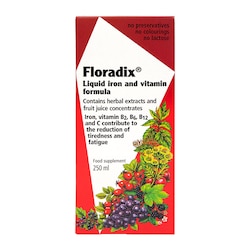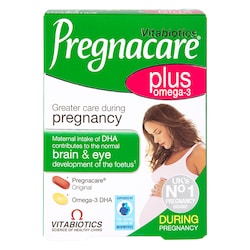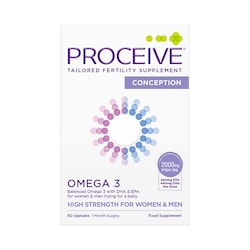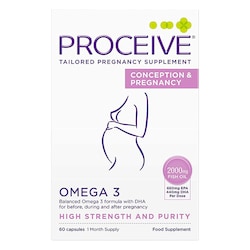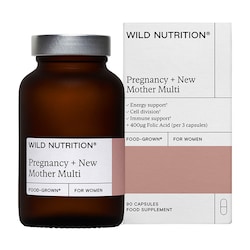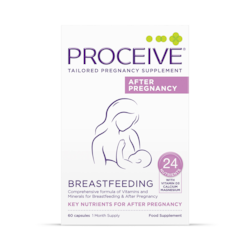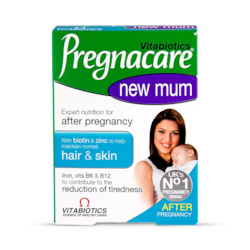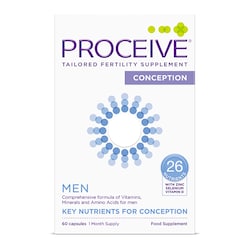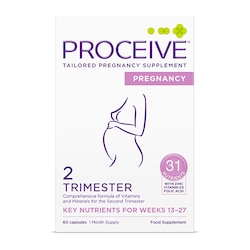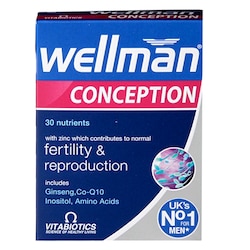15% off £30 OR 20% off £40
Code:SAVE
Nutrition post-pregnancy

Having a new baby can be one of the most rewarding and special times in a woman’s life.
Summary
1Giving your body what it needs
It is important to eat for energy, as you will be needing it in the weeks and months following the birth of your baby. Instead of coffee or sugary...
2How to make nutrition easier
When you cook, do so in bulk so you can freeze individual portions that can be microwaved for a quick home-cooked meal without relying on takeaway...
3Giving your body what it needs
Other great post-pregnancy foods include dark leafy greens, which are rich in iron and plenty of vitamins. Spinach, watercress, kale, broccoli and...
Having a new baby can be one of the most rewarding and special times in a woman’s life. However, it can also be very exhausting, both physically and emotionally! You probably paid careful attention to your nutrition during your pregnancy. However, alongside your new job caring for your newborn, your own body needs to recover from the huge event of giving birth so do not neglect your own self-care during this time.
Giving your body what it needs
It is important to eat for energy, as you will be needing it in the weeks and months following the birth of your baby. Instead of coffee or sugary snacks, which give a quick boost, choose fruits and berries and complex carbohydrates such as brown rice to give you steady energy instead. Eggs, lentils, red kidney beans, and nuts are great sources of lean protein which will keep your energy levels up and your whole body healthy. If you are breastfeeding, it is important to make sure you’re getting enough calcium.
According to The British Dietetic Association, breastfeeding women should be getting 1250mg calcium per day.1 You can find 240mg calcium in a 200ml glass of cow’s milk, and 100mg in 2 heaped tablespoons of red kidney beans.2 Oranges are a great choice for snacking thanks to their vitamin C which studies have shown can improve your breast milk and benefit your baby.3
Other great post-pregnancy foods include dark leafy greens, which are rich in iron and plenty of vitamins. Spinach, watercress, kale, broccoli and rocket are all very nutrient-dense, and dark lettuce varieties such as romaine are also high in vitamins and iron. It is important to keep your iron levels up in the days and weeks after giving birth as it helps give you steady energy.
Not only this, you might have experienced blood loss during the birth so it will help replenish any lost blood. Try not to make weight loss your main focus, as you don’t want to risk a drop in energy or low mood that can sometimes accompany a new diet. With a healthy diet and by keeping yourself active (not difficult with a new baby!) your baby weight should fall off naturally over the months following the birth. If you are breastfeeding you might lose weight without trying, but if you’re not, then don’t worry. Lose weight at a sensible rate of 1-2 pounds a week.
How to make nutrition easier
When you cook, do so in bulk so you can freeze individual portions that can be microwaved for a quick home-cooked meal without relying on takeaway or processed food. If you can’t face a trip round a busy supermarket, then shop for groceries online from the comfort of your home.
Ask your partner, friend or family member to help. People are often eager to do what they can for a stressed new mother, so don’t be afraid to take them up on their offers. Ask them to help you prepare individual portions of healthy snacks such as carrot sticks and small bags of nuts that you can keep in your kitchen and grab on the go.4
- [Online] https://www.bda.uk.com/foodfacts/Calcium.pdf.
- [Online] https://www.thh.nhs.uk/documents/_Patients/PatientLeaflets/paediatrics/allergies/PI308_Calcium_VitD_Sept16.pdf.
- [Online] https://www.ncbi.nlm.nih.gov/pubmed/25915716.
- [Online] https://www.nhs.uk/conditions/pregnancy-and-baby/keeping-fit-and-healthy/.
Advice is for information only and should not replace medical care. Please consult a doctor or healthcare professional before trying any remedies.


